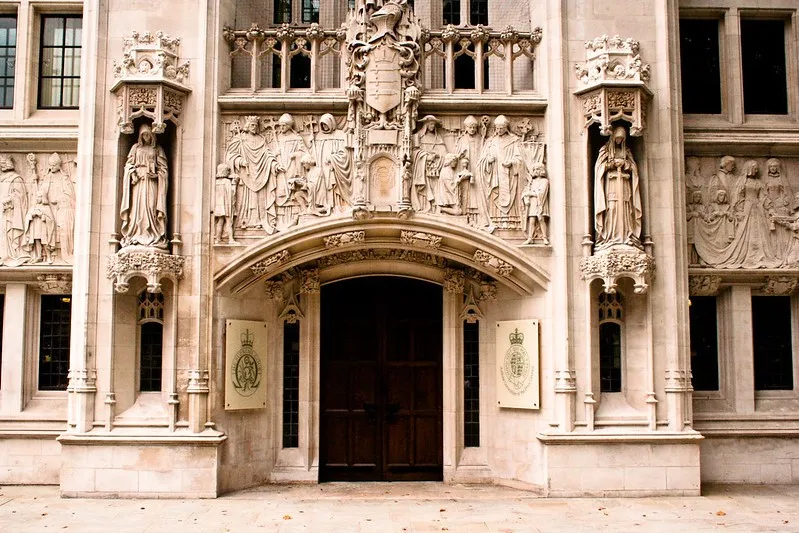
The Serious Fraud Office has admitted that the convictions it secured against five bankers for Libor interest rate-rigging may be unsafe, following the Supreme Court overturing the conviction of Tom Hayes last month.
The prosecutor says today that its cases against Jonathan Mathew, Jay Merchant, Philippe Moryoussef, Alex Pabon and Colin Bermingham’s, who all worked for Barclays, “may be considered unsafe”.
Former UBS and Citigroup banker Hayes and former Barclays trader Carlo Palombo saw their convictions for working on a committee that manipulated Libor — the London Interbank Offered Rate — interest rates, which priced more than $350trn of loans and securities for lenders around the world, quashed by the Supreme Court in July.
The rulings put these bankers at the centre of public anger in the aftermath of the global financial crisis.
The original cases saw Libor scrapped as regulators moved to the Sonia — Sterling Overnight Index Average – benchmark set by a larger array of banks, which is used to set swap prices, and which in turn shapes mortgage rates.
The Supreme Court said Hayes was not allowed to mount a complete defence at his original Southwark Crown Court trial in 2015, which was “legally inaccurate and unfair”.
The SFO says: “We consider that, in five instances, the circumstances that led to Tom Hayes and Carlo Palombo’s appeals being upheld by the Supreme Court could apply to them too.”
“It is for each defendant to consider whether they wish to progress their case to the Criminal Cases Review Commission or the Court of Appeal.”
Last month, law firm Hickman & Rose said their clients Jay Merchant, Jonathan Mathew, Philippe Moryoussef and Christian Bittar, a former star trader at Deutsche Bank, would appeal their convictions.
At the Supreme Court, lawyers for Hayes said in his defence that the Libor rates he requested fell within a permissible range and that his conduct was common at the time and condoned by bosses.
They also argued that his conviction depended on a definition of Libor and Euribor, another benchmark rate, which assumes there is an absolute legal bar on a bank’s commercial interests being taken into account when setting rates.
Hayes was originally handed a 14-year prison sentence and served five-and-a-half years in prison after his sentence was reduced to 11 years on appeal. He was released in 2021.
Palombo, who received a four-year sentence for manipulating Euribor, also had his conviction overturned. He was also released in 2021.
In total, UK and US prosecutors held nine criminal trials in London and New York between 2015 and 2019, which secured 19 convictions.
However, the SFO says it stands by the guilty verdict it obtained against former Barclays senior banker Peter Johnson.
It says: “For one individual, Peter Johnson, we have considered the judgment in respect of his guilty plea, and we consider that the conviction is safe.”



